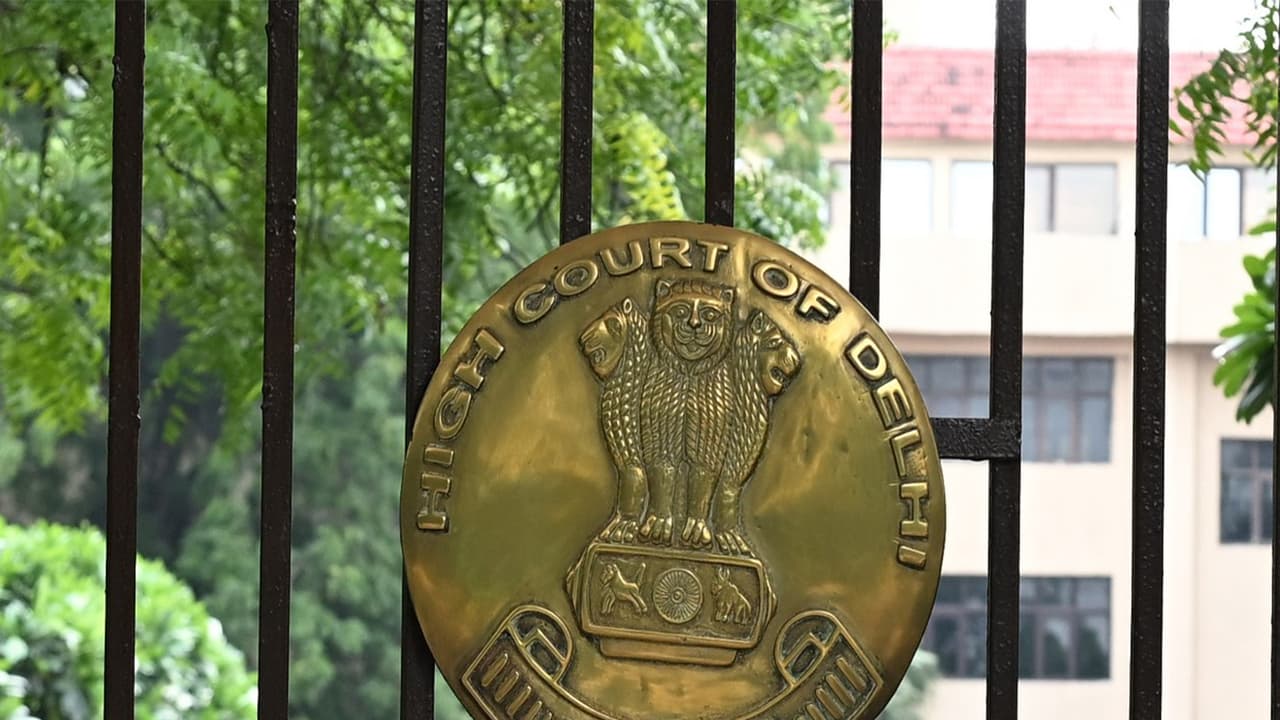Delhi HC urged restraint in the inheritance dispute between Karisma Kapoor’s kids and Priya Kapur. Karisma’s side alleged unpaid tuition fees, a claim Priya’s lawyer called ‘fabricated’ while defending the validity of Sunjay Kapur’s will.
The Delhi High Court on Friday urged restraint in the ongoing inheritance dispute between actor Karisma Kapoor’s children and their stepmother, Priya Sachdev Kapur, observing that the proceedings should not turn “melodramatic”.
Allegations of Unpaid Fees
The bench of Justice Jyoti Singh’s remark followed submissions by Senior Advocate Mahesh Jethmalani, who represents Karisma Kapoor’s children. He alleged that despite Sunjay Kapur’s obligation under the matrimonial decree to bear the children’s educational and living expenses, the tuition fee of Sunjay’s daughter, Samaira, who is currently studying in the United States, had reportedly not been paid for two months. According to him, the children’s share of the estate is in Priya Kapur’s possession.
Defense Presents Counter-Arguments
In response, Senior Advocate Rajiv Nayyar, appearing for Priya Kapur, refuted the allegation, calling it “fabricated”. He asserted that Priya has consistently taken care of the children’s needs and that the fee had already been paid.
Authenticity of Sunjay Kapur’s Will
Nayyar continued his detailed defence of the authenticity of late industrialist Sunjay Kapur’s will, which lies at the heart of the dispute. He presented a step-by-step account of the will’s drafting, revision and execution, supported by electronic metadata and affidavits from the two attesting witnesses, Nitin Sharma and Dinesh Agarwal. He told the court that Sunjay had personally reviewed the draft, directed the inclusion of his daughter Safira’s name, and appointed Shraddha Marwah as executor. The will was executed at the AIPL office in Gurgaon in the presence of both witnesses, one of whom later scanned and shared the executed document. Nayyar added that the will was subsequently circulated in a family WhatsApp group comprising Sunjay, Priya and Agarwal, and that one of the witnesses confirmed handing over the signed original to Sunjay.
Legal Precedents and Family Practice
When the court asked why Sunjay did not appear in later electronic exchanges, Nayyar explained that wills take effect only after the testator’s death, and all subsequent communication naturally occurs posthumously. Once due execution is established, he said, the burden shifts to the plaintiffs to question its validity. He also dismissed objections regarding typographical errors, spelling variations or minor inconsistencies, noting that Supreme Court judgments clarify such issues do not undermine a valid will. Registration, he stressed, is not mandatory. He further pointed out that it has long been the Kapur family practice for their company secretary and chartered accountant to witness family wills, including the will of Dr Surinder Kapur.
Hearing on Interim Injunction
The court was hearing submissions on an interim injunction sought by Karisma Kapoor’s children to restrain Priya Kapur from dealing with or alienating Sunjay Kapur’s assets. Karisma Kapoor and Sunjay Kapur were married from 2003 to 2016 and share two children. Sunjay later married Priya Sachdev Kapur. The High Court will continue hearing the injunction application on November 19 and has indicated its intention to conclude arguments on interim relief soon.
(Except for the headline, this story has not been edited by Asianet Newsable English staff and is published from a syndicated feed.)
